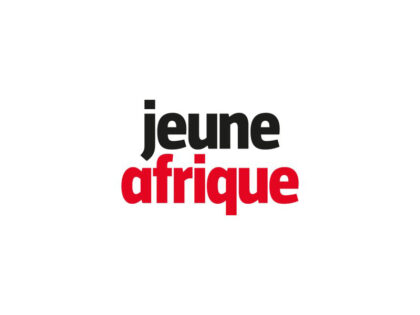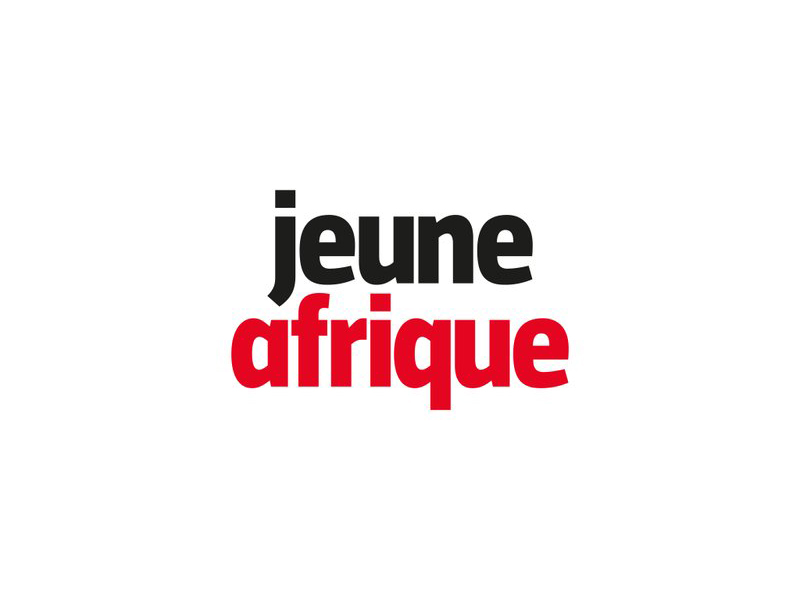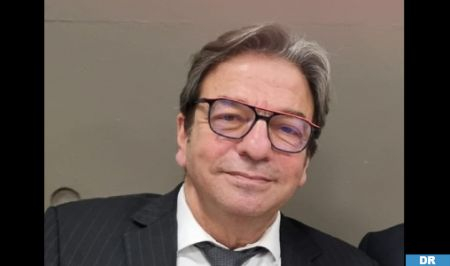 Any person or organization accusing Morocco must provide evidence, or assume their slanderous denunciation in court, said on Thursday Moroccan Foreign Minister Nasser Bourita in connection with the persistent media campaign on an alleged infiltration of the phones of several national and foreign public figures through a spyware.
Any person or organization accusing Morocco must provide evidence, or assume their slanderous denunciation in court, said on Thursday Moroccan Foreign Minister Nasser Bourita in connection with the persistent media campaign on an alleged infiltration of the phones of several national and foreign public figures through a spyware.
“Justice is there precisely to verify the accusations in the light of material and tangible evidence. Some people have chosen this path. They will put forward the evidence that they have, or do not have,” said the minister in an interview with the pan-African magazine Jeune Afrique.
Morocco has also chosen to trust justice, at home and internationally, added Bourita, who denounced a “smokescreen”, and a “fabricated bluff (…) without any proof”, calling for “shedding light on the facts, far from controversy and slander.”
However, “this is what neither Forbidden Stories nor Amnesty International do. They base their stories solely on pure speculation”, Bourita said, noting that certain papers that are under the banner of Forbidden Stories “serve agendas that are well known for their primary hostility towards Morocco” and are ulcerated by the Kingdom’s successes under the leadership of King Mohammed VI.
This is mere hostility. This is not journalism. It is large-scale sabotage, he said.
Asked whether Morocco maintains its position already asserted in 2019, according to which the Kingdom has not acquired the Pegasus software, the minister said: “we maintain it and we assume it with all responsibility”.
Morocco challenges all those who disseminate these allegations, including Amnesty International and the Forbidden Stories consortium, as well as their supporters and intermediaries, to provide any tangible and material evidence in support of their stories, the top diplomat said, noting that “some in this cartel of media and NGOs do not bear the reality of Morocco which succeeds, strengthens itself and consolidates its sovereignty at all levels”.
They “think they can get Morocco under control. Much to their dismay, this is not possible and never will be. The national community will face, united as it has always been, these insidious attacks,” he insisted.
With all due respect to these same parties, the minister went on, Morocco has succeeded in establishing itself as a “reliable” ally to its partners, thanks to the globally recognized effectiveness of its security services, mainly in the international fight against terrorism, which made it possible to thwart the plots fomented against the national stability of the Kingdom, and to foil terrorist attacks in particular in the United States, as well as in several countries of Europe, Asia and Africa.
According to Bourita, the timing of this campaign “is certainly not trivial”, recalling that in recent years, Morocco “noted peaks of media hostility in some countries, ahead of the celebration by the Moroccan people of the Throne Day”.
“This year again is no exception. This highly symbolic timing for Morocco and Moroccans has always been knowingly chosen by hostile circles, known to the Kingdom, which strive to damage the image of Morocco and its institutions, sometimes by publishing books or articles and interviews, and sometimes through the dissemination of pernicious reports”, he noted.
Bourita denounced a “relentless focus” on Morocco in particular; a “considerable mobilized media strike force”, including in the public service of a particular country; the seasonality of the campaign; the thinly veiled desire to affect confidence in the Moroccan state, both domestically and abroad; and the choice of a highly symbolic date for Morocco and Moroccans.
“Is this a campaign? Yes ! Is it denigration? Certainly ! Is it orchestrated? It could not be otherwise! By whom ? Time will tell,” he said.
“Morocco will continue its march, serenely, solidly, to consolidate its economic development, its social development and its regional and international influence”, noted the minister, noting that “the true” friends of Morocco support it, because it is in their interest as well. The others disappoint and will themselves be disappointed. They underestimate the determination of Morocco, which is no longer what they think it is.
Morocco today is an “influential and key” regional actor, whose voice is heard within major international and continental institutions such as the UN and the AU, Bourita said, adding that the Morocco of today is a “provider of peace and security” in its regional environment and “a reliable security partner” with several countries in the international fight against terrorism, which it has helped to thwart terrorist attacks, in particular in the United States, in several countries of Europe, Asia and Africa.
“Who has an interest in ostracizing Morocco? Who has an interest in preventing it from playing this constructive role internationally? These are, for me, the real questions to be asked,” insisted the minister.
Bourita recalled that on July 19, the Biden Administration through the Department of State reiterated that under the leadership of the King, Morocco and the United States have a strong and long-standing relationship on counterterrorism cooperation, welcoming that the two nations are working closely together for the protection of the two countries, adding that Morocco is a reliable partner, provider of security and stability in its regional environment and its circle of partnerships.
The Kingdom is a leading player in the Global Counterterrorism Forum and the global coalition against Daesh, said the minister, stressing that Morocco “has helped save lives, foil plans for attacks and to bring many terrorists and criminals to justice.”
“With the satisfaction of an accomplished duty and the recognition of friends and partners, we therefore can gladly do without the recognition of Amnesty International and Forbidden Stories,” he said.



